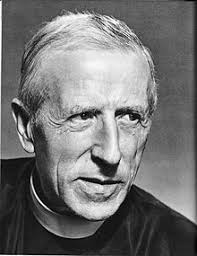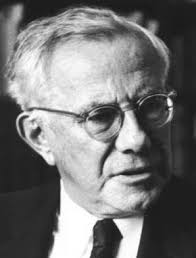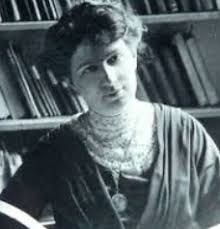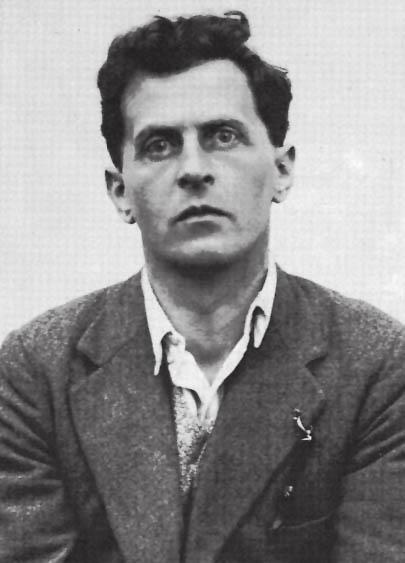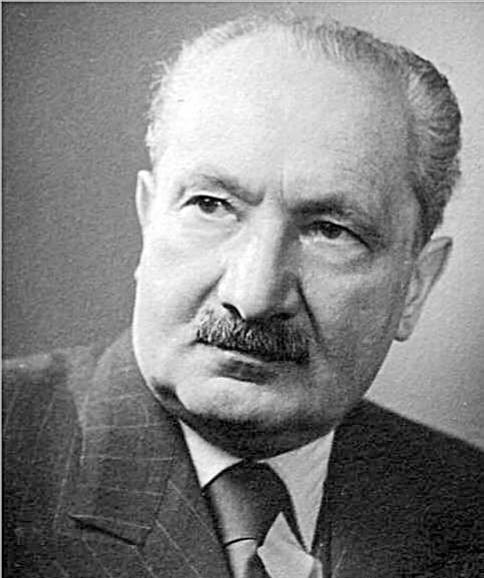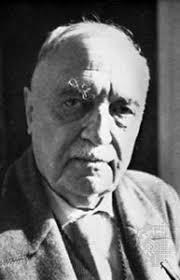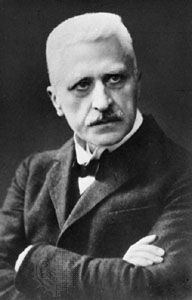Through Mud and Barbed Wire
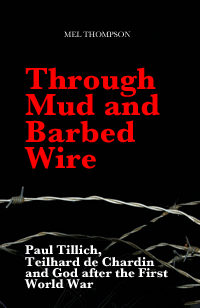 At last! This is the book I've been wanting to write for years - the story of two great theologians, their response to the horrors of the Great War, and the impact of their ideas on the question of 'God'.
At last! This is the book I've been wanting to write for years - the story of two great theologians, their response to the horrors of the Great War, and the impact of their ideas on the question of 'God'.
The story moves from the trenches at Verdun, via theological discussions at Marburg, Tillich's expulsion by the Nazi regime and Teilhard's exile in China, to New York in the 1950s.
Paperback £7.99 / $11.50 | Kindle £1.99 / $2.99
Buy from Amazon in the UK or from Amazon.com
FREE SAMPLE...
This is an account of the courage of two brilliant men. Tillich had two nervous breakdowns during the war, and Teilhard suffered from severe anxiety, but they overcame their problems and - each in his own way - developed a positive vision for the future of humanity and the relevance of religious ideas.
The book also traces my own struggle with religious belief, and my criticism of supernaturalist and fundamentalist views.
From the review of this book in the on-line edition of 'The Philosopher'...
'... the tale draws the reader in as it progresses. Within a few chapters, we are captivated.'
'... Thompson takes a fairly uncommon approach to his subject. This is not just about issues. It is just as much about context: people, geography, history, society, religion—and his own, personal passion. In short, he takes an holistic approach. It is reflected in the title: Through Mud and Barbed Wire. This book will be about tangibles, not mere ideas. The strategy greatly enriches the book.'
This is a story of courage and determination. It explores faith and philosophy in the most difficult of situations. Utterly different in their backgrounds, Tillich and Teilhard both struggled against the odds to end up with a positive view of life in spite of everything.
A question for everyone...
Traditionally, the religious response to suffering has been to ask why a good, all-loving and all-powerful God should allow such things to happen – the ‘problem of evil’ – and many will have had their belief in God shattered through suffering.
But the broader issue, for atheists and believers alike, is how to find anything positive to say about life when confronted by the experience of warfare and death on this scale.
What does it say about humanity and its future, if this could happen in Europe in the 20th century? What now, for us, as we witness slaughter continuing in the 21st?
Atheistic humanism, as a creed, is as threatened by the horror of deliberate human self-destruction as is theism. The former believer, rejecting God, may fall back on a trust in human goodness. But what happens when that trust too is lost?
How do you retain a positive view of life? THAT IS THE QUESTION!
Contents
A Personal Introduction
1. Through Mud and Barbed Wire: ... on opposite sides in Hell
2. The Stretcher-bearer: ... trying to see a positive outcome
3. The Chaplain: ... breakdown and the loss of 'God'
4. The Problem of Action: ... finding the will to go on
5. Hitler and the Gods of Marburg: ... the existential shaping of theology
6. Wittgenstein, Science and the Desert: ... when theology is banned
7. The Shaking of the Foundations: ... religion when the world crumbles
8. Integrating the Vectors: ... sex and motivation
9. Patching up the Fortress: ... defending the indefensible
10. Courage and Self-affirmation: ... facing what life brings
11. Exiles in New York: ... shaping their legacy
12. Ending up: ... reflections as the world moves on


